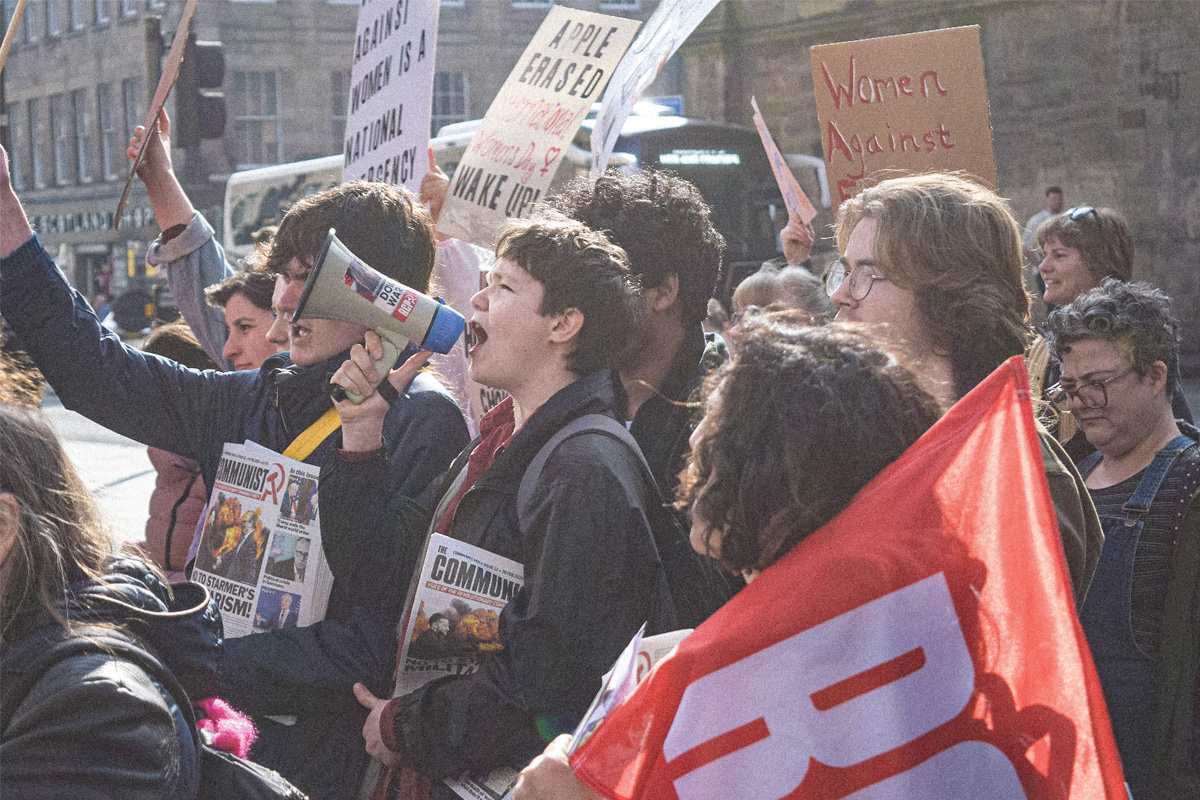The youth of today have no future under capitalism. Society has the best educated unemployed in all of history. A whole generation of young people has been left on the scrapheap. Moses Levi from Unite Community in London takes a look at the question of youth unemployment and the devastating impacts of the crisis of capitalism on the youth across the world.
A month ago I gave in my CV to every pub in the area of London that I live. I have yet to receive a reply from any of these. The staff at some pubs told me they had received hundreds of CVs and were unlikely to look at mine at all.
Mine is not a unique story. Recent figures from the Higher Education Statistics Authority show that 20,000 new graduates were unemployed after 6 months of leaving University. A third of recent graduates hold ‘non-professional’ posts and close to 10,000 work in ‘elementary occupations’, unskilled jobs such as bar-work, shelf-stacking and road sweeping. We have the best educated unemployed in all of history.
According to a TUC study conducted last year, there are approximately 1.08m ‘NEETs’ (Not in Education, Employment or Training) aged between 16 and 25 in the UK, the highest number on record. A report by the Work Foundation shows that the jobless rate is rising faster in Britain than in any other G8 country.
Youth unemployment takes its toll on the individuals effected. NEETs are more likely to be involved in drug abuse. A 2010 study by the Prince’s Trust linked joblessness to increased rates of insomnia, depression and panic attacks. A whole generation of young people has been left on the scrapheap.
On the other side of this you have record numbers of over-65s letting their economic fears put them off retirement – a record 1m according to new figures from the Office of National Statistics (ONS). And for those lucky enough to find or hang on to a job, ONS figures also show that real wages have fallen at a record rate since the recession.
The situation is even worse in Europe. Angela Merkel announced this month that, “Youth unemployment is… the most pressing problem facing Europe at the present time”. Her talk of a ‘lost generation’ is apt. In Spain, youth unemployment stands at 55%. In Greece the figure is 62%. But even these staggering figures mask the reality, as a far greater number are only able to get part-time and casual labour whilst what they really want is a permanent job.
The reality is that capitalism cannot afford to employ our generation. In the process of competing against one-another, the capitalists invest in machinery and reduce the amount of human labour necessary in production. This means they need to employ fewer workers.
But this leads to a fundamental contradiction in the capitalist system: despite the increasing amount of wealth produced – the vast majority of which goes to the capitalist – workers, who face unemployment and low wages, cannot afford to buy the goods produced by the working class.
The capitalists find that they have produced more than they can sell; production is scaled back; workers are fired in the process. This creates the same problem again, leading to a vicious circle in which workers and youth are sacrificed on the altar of profit.
This situation cannot be resolved within the capitalist system. In an economy constituted on the basis of production for need, not profit, none of these contradictions would exist. A rationally planned economy on a socialist basis and under workers’ control would enable us to solve the problem of unemployment that blight our society.
Under socialism, we could employ the unemployed and give the overworked shorter hours. We could lower the retirement age and increase wages and pensions. We could invest in education, scrap tuition fees, bring back EMA and pay teachers the decent wages that they deserve. Crucially, we could invest some of the wealth back into production, progressively cutting working hours whilst raising wages.
The current generation of youth have no future under capitalism. But the prospect of socialism is a future worth fighting for.






